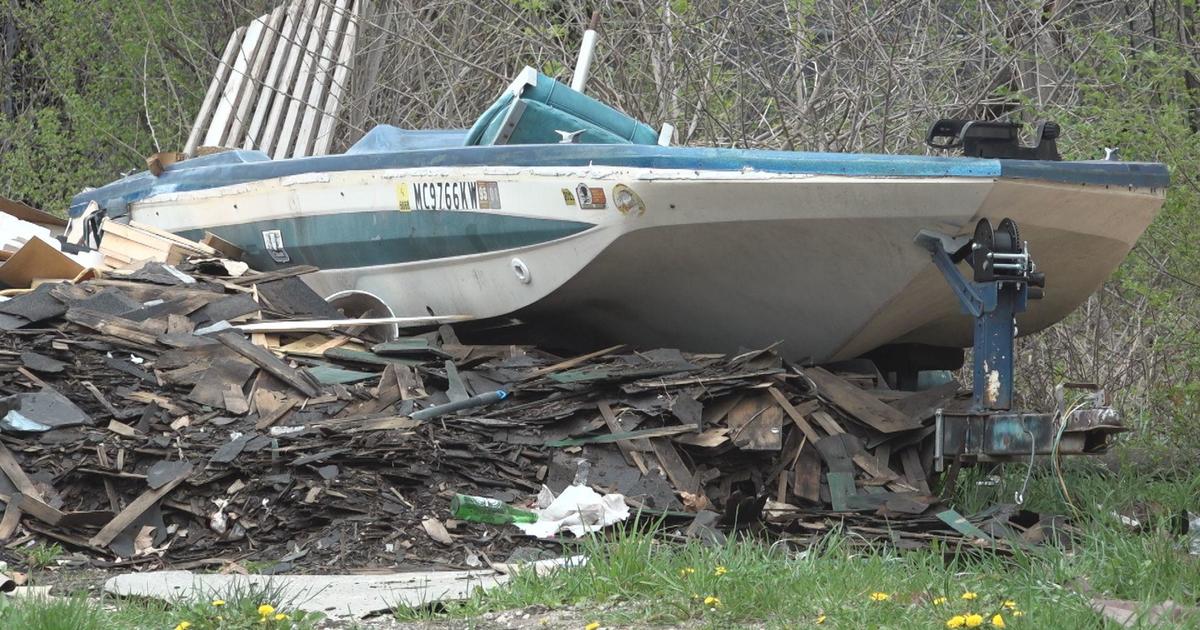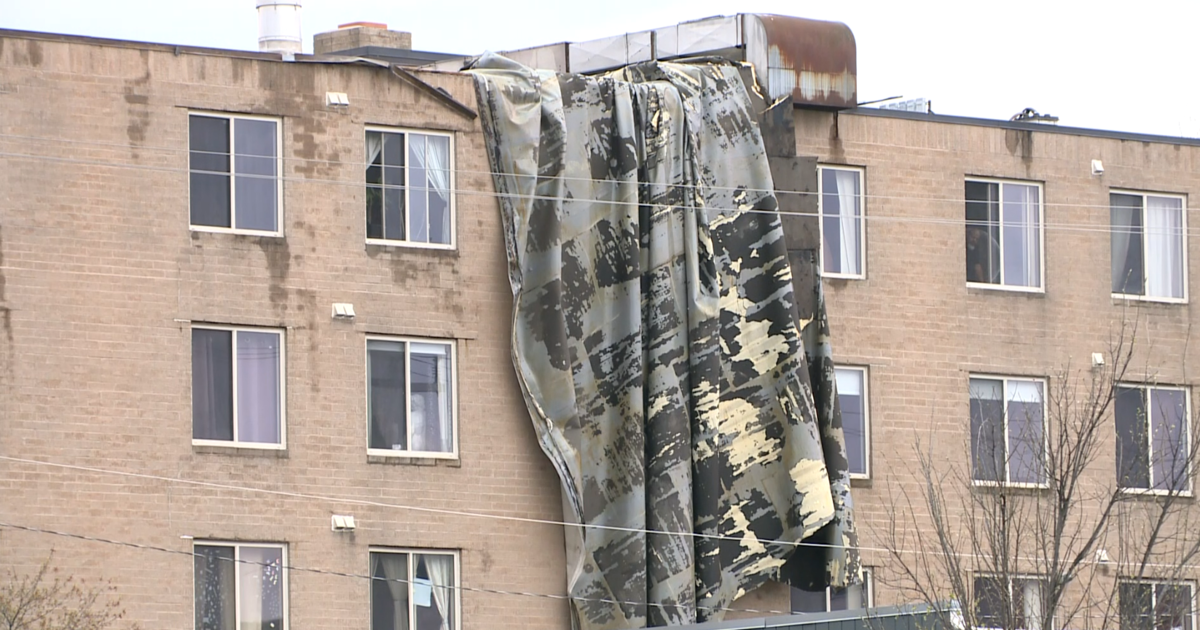5 Ways To Have The Safest Apartment In The Building
By Lori Melton
Renting a new apartment can be exciting and stressful at the same time. If you're just moving in, there's a laundry list of things to do to get settled and make it feel like home. Making sure your apartment is safe and secure should be near the top of the list. Check out these five safety tips that all apartment dwellers should implement.
Use Deadbolt Locks and Peepholes
Most apartment doors have a deadbolt and if yours doesn't, you'll want to contact apartment management and request one. Properly installed, high-quality deadbolts add an extra layer of protection against unwanted intruders. If possible, find out what kind of deadbolt is installed in your door. Many deadbolt packages come with strike plates that include three-inch screws for better protection against forced entry.
If possible, upgrade low quality deadbolts. The added security benefit will be well worth any cost you may incur. Always lock your door and deadbolt; especially while you're sleeping. Door locks are your first line of defense against intruders and can only offer protection when they are properly engaged.
Peepholes allow you to see who is knocking on the door before you decide to open it. If your apartment door has a peephole, look through it every time someone knocks. If you can't see through it or it is painted over, contact your building manager to have it fixed.
Perform Detector Maintenance
Per building codes, your apartment should already have smoke detectors installed. You should also invest in a carbon monoxide detector. These devices could save your life by sounding an alarm in the event of a fire or carbon monoxide leak. Most smoke detectors have a test function and you'll want to test them as soon as you move in, to make sure the batteries are working.
Check and change batteries on all detectors regularly to make sure they will work when you need them most. A good rule to follow is to change batteries when you change your clocks for daylight saving time.
Use Buzzer Precautions
If your building uses a buzzer system to allow visitors to enter, don't let anyone you don't know into the building. You can ignore the buzzer or go and check to see who is asking for access. After living there a while, you may get accustomed to who your fellow residents are and even some of their frequent visitors. Simply put: When in doubt, leave strangers out!
Secure Windows and Patio Doors
Take a quick survey of potential intruder entry points as soon as you move into your apartment. If you live on an upper floor without a fire escape, chances are a burglar won't scale the building to access your apartment via your balcony.
However, if you live on the first floor, you're going to want to beef up security around any exterior windows and patio doors an intruder could access. You can install decorative grates on windows and pin locks in window frames. You can also insert a metal or wooden dowel in your patio door track to prevent it from sliding. Installing extra locks at the top or bottom of the patio door will also offer added protection from burglars.
Be Prepared for Emergencies
All sorts of emergencies can happen when you least expect it. Talk to your neighbors or building manager and see if there's a designated safety zone in your building in the event of a tornado (some buildings, for instance, have basements). In general, always stay away from windows and head to the lowest floor of your building in the event of a tornado.
Have an emergency kit on hand. Make sure the kit includes a flashlight, batteries, a first aid kit, a three-day supply of water and non-perishable food, a battery-powered radio, and a wireless cell phone charger.
Depending on your geographic location, your area may be subject to hurricanes, floods and earthquakes. If you must evacuate for a natural flood, unplug all electrical appliances and, if time permits, move essential items to a higher floor. Never try to walk or dive into moving water or flooded areas. If you have a plumbing-related flood, call building maintenance or the manager.
If you are ordered to evacuate for a hurricane, the safest thing to do is follow the order. However, if you are stuck in your apartment, make sure you stay in a windowless, central room (like a bathroom, closet or interior hallway). Keep your emergency kit with you and listen to the radio for storm updates.
Finally, if you live in an earthquake zone, you should always store heavy, large and breakable items on lower shelves. Also make sure any shelves, mirrors and picture frames are strongly anchored and fastened to the walls. During an earthquake, drop to the ground, stay away from windows, and move into a door frame or under sturdy furniture.



